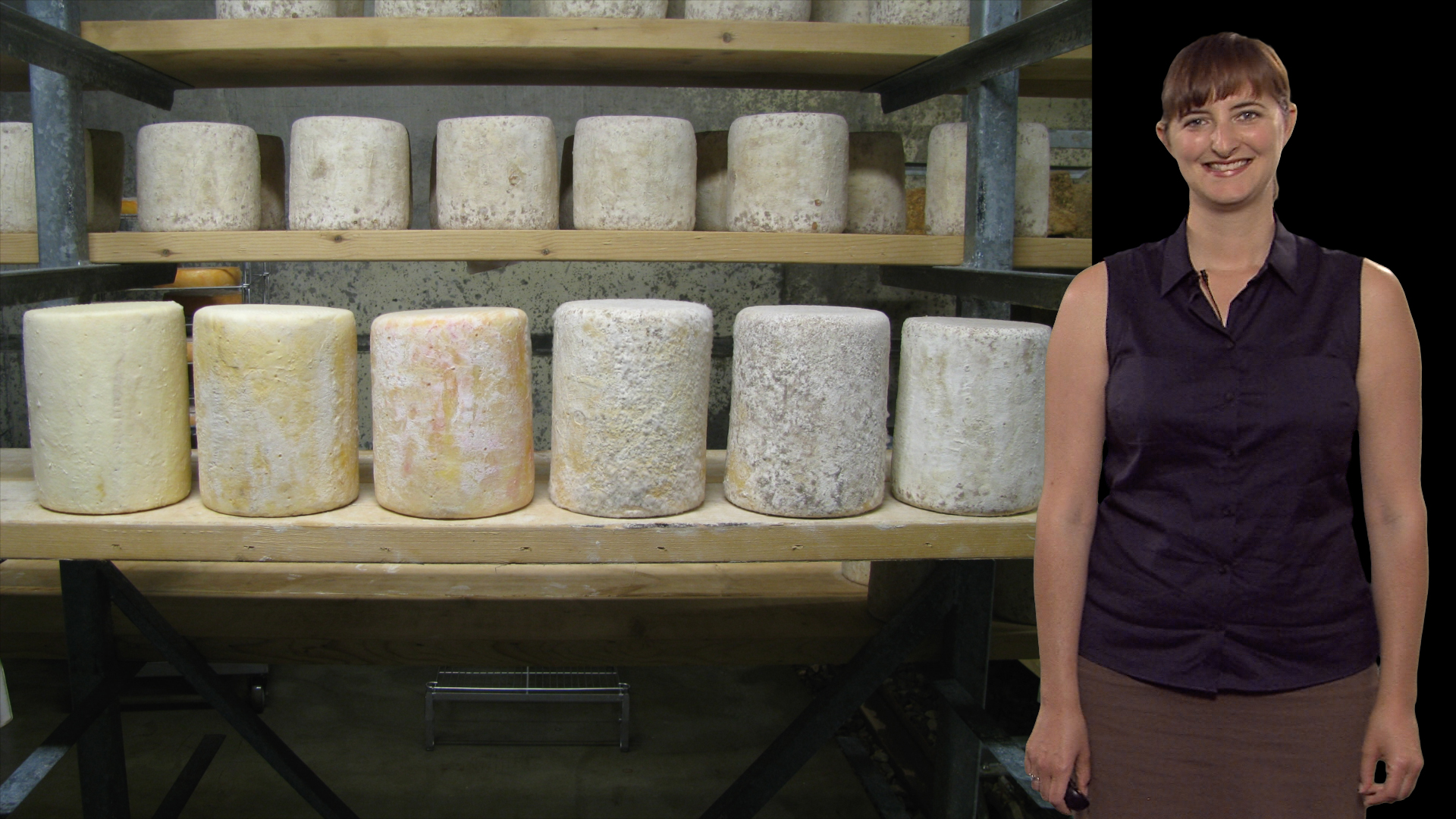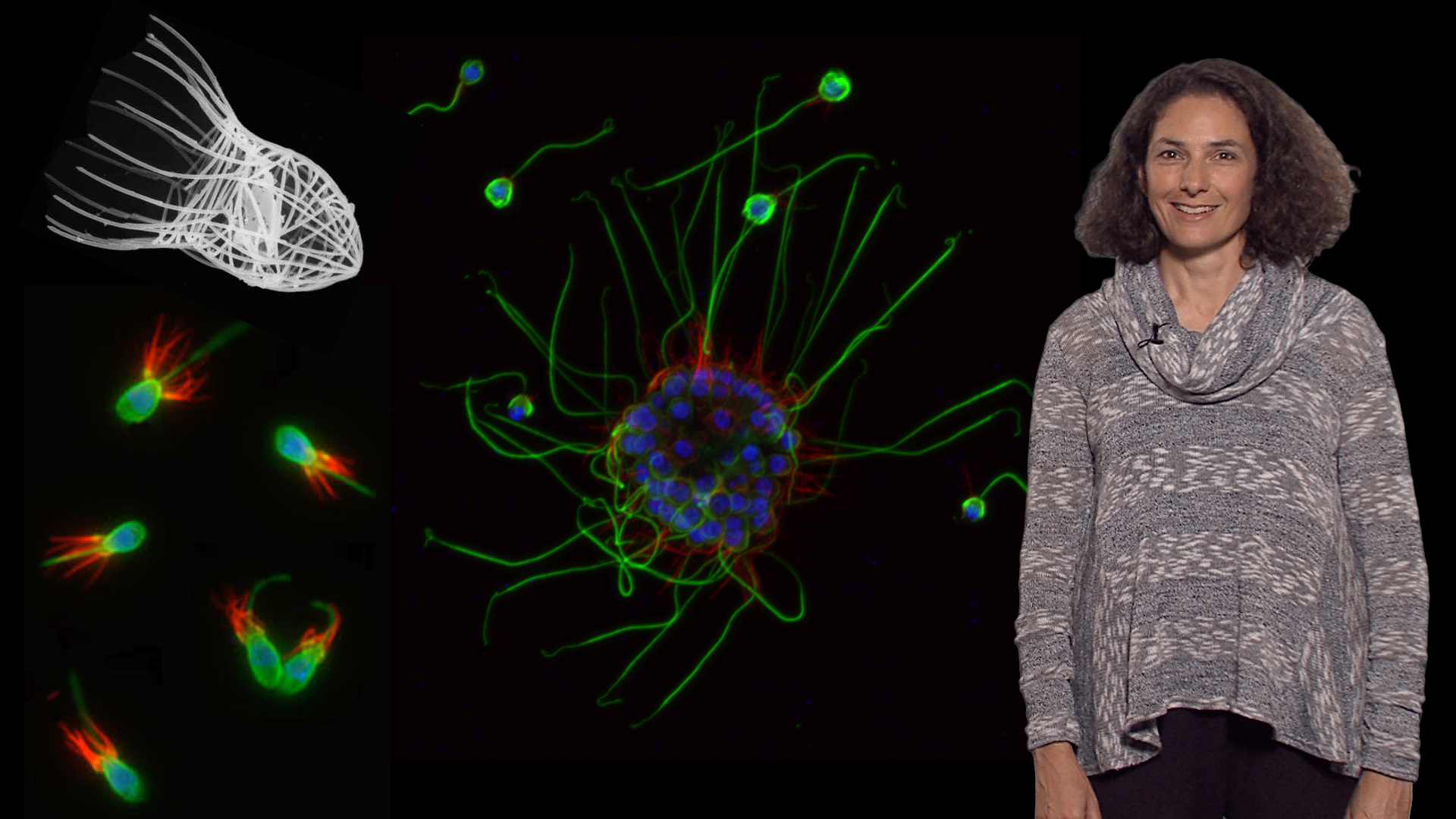Talk Overview
In this lecture, Dr. Hooper introduces us to the fascinating world of human gut microbiota; the microorganisms that live within our bodies. Although we may think that most bacteria are harmful, Hooper provides ample evidence that symbiotic gut microbes are important to good human health. Her lab is interested in understanding how the gut microbiota changes during illness or disease and how it influences our ability to fight infections. Using germ-free mice, they were able to demonstrate that a healthy gut microbiota can shape development of the host immune system and provide protection against dangerous infections like salmonella.
In the second part of her talk, Hooper explains how the balance of organisms in the gut microbiota is maintained. By comparing DNA microarray data from normal mice and germ-free mice, Hooper’s lab was able to look for genes induced by the gut microbiota. They identified RegIIIγ, an important protein involved in the protection against pathogenic bacteria. They showed that RegIIIγ forms pore complexes in the membranes of gram-positive bacteria and kills them. In mice and humans, the intestinal epithelium is coated with a layer of mucus. Typically, there is a gap between gut bacteria, which are found in the outer part of the mucus layer, and the epithelial cells. Hooper’s lab showed that RegIIIγ helps to maintain this gap by preventing gram-positive bacteria from colonizing the intestinal epithelial surface. This, in turn, prevents infection of the host.
Speaker Bio
Lora Hooper

Although she always was interested in science, Lora Hooper’s love for biology started after taking an introductory class at Rhodes College in Memphis, TN where she was an undergraduate. Hooper continued her graduate education in the Molecular Cell Biology and Biochemistry Program at Washington University in St. Louis where she joined Jacques Baenziger’s lab. For… Continue Reading











Leave a Reply